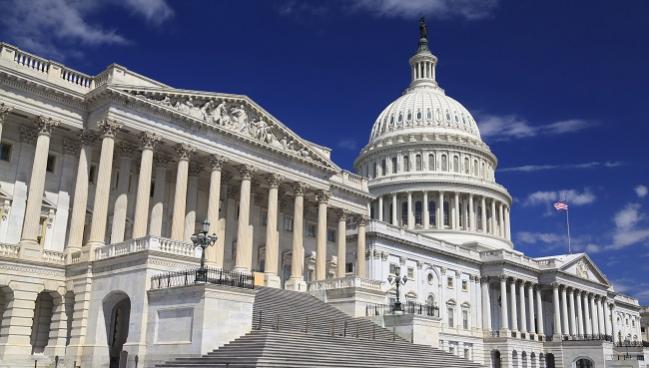Another Blow to the Medical Device Tax as House Votes to Repeal
The 283-132 vote to do away with the controversial 2.3% excise tax puts the next decision into the hands of the US Senate.

The US House of Representatives voted Tuesday 283-132 to repeal the 2.3% medical excise tax placed on many devices, including TAVR valves and coronary stents, that was enacted as part of the Affordable Care Act (ACA) in 2013.
No companies are currently paying the tax—it has been delayed twice by lawmakers with the current moratorium set to expire in 2020. However, a full repeal would the negate the need for further referendums on this issue.
Advocates of the tax say it is needed to fund the benefits of the ACA, but those against it argue that it will raise consumer costs and decrease innovation. A study published in June found that the tax was linked with more than a $34 million drop in research and development spending by medical device manufacturers.
This week’s vote leading up to the House’s summer recess was bipartisan, with 226 Republicans and 57 Democrats voting in favor of the bill entitled the Protect Medical Innovation Act. Only one Republican and 131 Democrats voted against it.
The US Senate will vote next, but there is no expected timeline for when that will take place.
AdvaMed, a lobbying group for the medical device industry, released remarks from its president and CEO, Scott Whitaker, on Tuesday celebrating the vote to repeal and the new bill passed. “Today's vote is a win for American innovation, American jobs, and most of all for American patients, who benefit from the life-changing innovations our industry produces every day,” he said. “The overwhelming, bipartisan support for repeal sends a strong message that lawmakers recognize this tax is not good health policy or good fiscal policy.”
Yael L. Maxwell is Senior Medical Journalist for TCTMD and Section Editor of TCTMD's Fellows Forum. She served as the inaugural…
Read Full BioSources
AdvaMed. AdvaMed statement on House passage of device tax repeal. Published on: July 24, 2018. Accessed on: July 26, 2018.


Comments